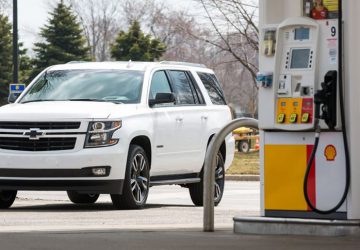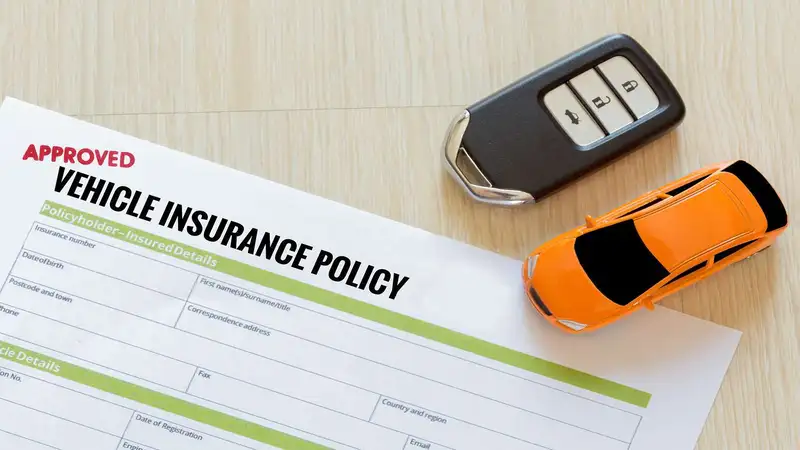Smart Guide to Understanding Car Insurance Coverage and Policy
Decoding car insurance coverage may seem daunting. This guide simplifies the jargon to help you make informed choices about your policy.

Navigating the maze of car insurance policies can be overwhelming, but understanding your coverage is essential for your financial protection and peace of mind. Every car owner needs to grasp the basics of car insurance coverage and how policies work to ensure they are appropriately protected in various scenarios. This smart guide will provide a straightforward overview of car insurance coverage and give you the tools to understand your policy better.
Understanding the Basics of Car Insurance
Car insurance is designed to cover your financial loss in the event of vehicle-related incidents. Your coverage level can determine your policy's efficacy following an accident, theft, or other damages.
Types of Car Insurance Coverage:
1. Liability Insurance: This covers costs related to damage or injuries you cause to others in an accident. It's usually mandatorily required and includes both bodily injury and property damage components.
2. Collision Coverage: Collision insurance pays for repairs to your car if you hit another vehicle or object, regardless of fault.
3. Comprehensive Coverage: This insurance covers damages to your vehicle from non-collision events such as natural disasters, theft, vandalism, or animal strikes.
4. Personal Injury Protection (PIP)/Medical Payments: These coverages help with medical expenses for you and your passengers, and PIP may also extend to cover lost wages.
5. Uninsured/Underinsured Motorist Coverage: If you're hit by a driver with insufficient or no insurance, this coverage can pay for your medical bills or vehicle repairs.
Alongside these primary coverages, there are various additional options such as gap insurance, rental reimbursement, and roadside assistance that can be included for more comprehensive protection.
Policy Limits and Deductibles
Policy Limits:
Every coverage in your insurance policy will have a limit, which is the maximum amount your insurance will pay in the event of a claim. It is crucial to choose limits that adequately cover potential losses while accommodating your budget.
Deductibles:
Your deductible is the out-of-pocket amount you agree to pay before your insurance coverage kicks in after a claim. A higher deductible usually leads to lower premium costs, but it’s important to set a deductible amount that you can afford in case of an incident.
What Does the Policy Cover?
Thoroughly reviewing your insurance policy is key. Be aware of which events are covered and which are excluded. Some common policy questions may include whether your policy:
- Covers other drivers when they use your car.
- Offers roadside assistance or towing services.
- Includes rental car coverage while your car is in the shop.
Making Smart Choices
When selecting a policy, consider the following tips:
1. Assess Your Needs: Factor in your car's value, how much you drive, where you live, and your financial security to determine which coverages are best for you.
2. Shop Around: Get quotes from multiple insurers to compare rates. Keep in mind that the cheapest option might not always provide the best coverage for your needs.
3. Understand Your Policy: If you encounter terms or clauses that you don't understand, ask your insurance agent for clarification.
4. Review Your Policy Annually: Your insurance needs may change over time. Make it a yearly practice to review your coverage and adjust it as necessary.
In the Event of a Claim
Understanding how to file a claim is a key part of your insurance policy. Keep detailed records of your belongings and maintain a list of steps to follow should you need to file a claim. This can include documenting the damage, contacting your insurer immediately, and retaining copies of all related paperwork.
Conclusion
Car insurance is an indispensable asset in your personal finance toolkit. By gaining a comprehensive understanding of your car insurance coverage and the specifics of your policy, you can make informed decisions that align with your needs. Incorporating these smart guidelines into your insurance selection process will ensure you're effectively covered while potentially saving you money and avoiding unnecessary stress in the future.
-
1

Ultimate Feast for the Eyes: Top Cooking Shows Every Foodie Must Watch!
-
2

Maximize the Lifespan of Your New Dental Implants with Expert Care Tips
-
3

Ascending with Ease: The Revolutionary Journey of Stair Lift Technology
-
4

Maximizing Your Walk-In Tub's Lifespan: The Ultimate Guide to Enhanced Performance and Durability
-
5

Unlock Bigger Savings: Master the Art of Using Your Gas Rebate Card!










